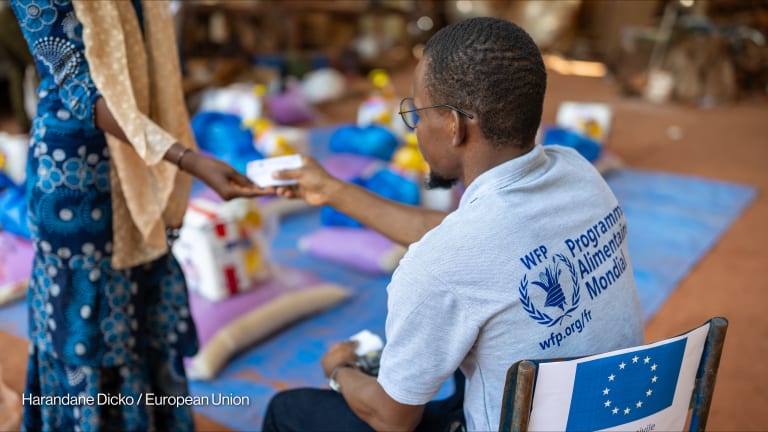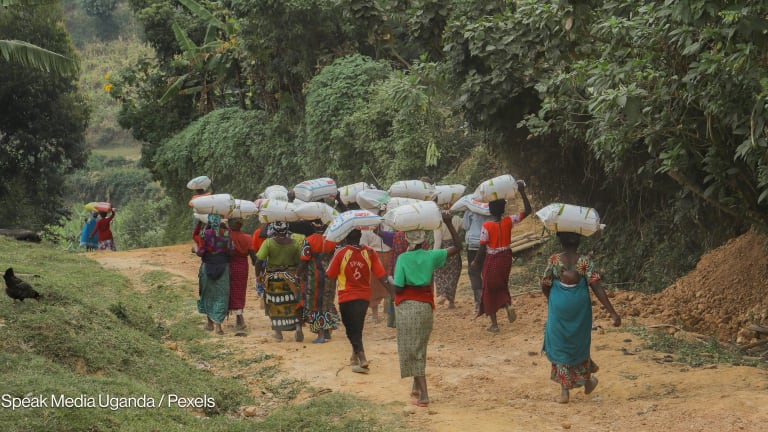Following high-level meetings last week in Paris at the Organization for Economic Cooperation and Development, aid practitioners will soon see changes to the way official development assistance is spent, monitored and reported. The definition of ODA will now include more peace and security-related costs, certain costs related to “countering violent extremism” and will give donors greater incentives to use non-grant financial instruments to encourage private sector development in least developed countries.
While the OECD’s Development Assistance Committee has yet to release specific safeguards for the new and amended guidelines, many in the aid community have responded with cautious optimism to the shifts, with an eye on making sure greater flexibility and broader classification of ODA doesn’t lead to aid abuse.
“Governments say they have spelled out a series of safeguards to frame the use of aid for security-related activities,” said Sara Tesorieri, deputy head of Oxfam’s EU office. “However, they have to make sure there is a mechanism ensuring that these will be enforced and properly monitored on the ground.”








